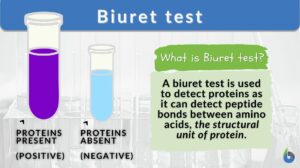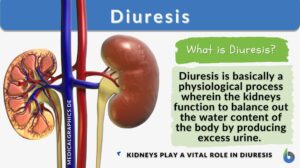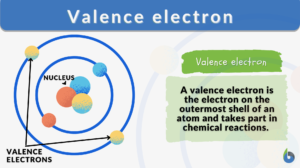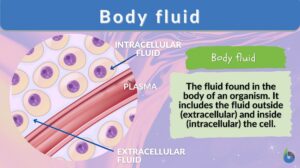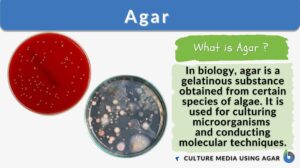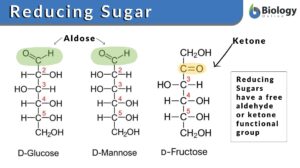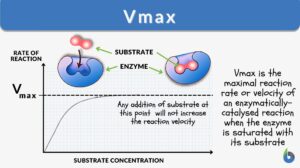Search Results for: alkaline
Alkaline reaction
Alkaline reaction Any test by which an alkaline reaction is recognised, such as the change of red litmus paper to blue, an... Read More
Alkaliphile
Definition noun, plural: alkaliphiles An organism that can live and thrive in an alkaline environment Supplement An... Read More
Biuret test
In this article we will answer the following three questions: What is a Biuret Test? What does biuret test for? What is... Read More
Dead Man Walking
Dead Man Walking: Wade Davis and the Secret of the Zombie Poison By Patrick D. Hahn Accepted on September 4, 2007 Twenty... Read More
Digestive Enzymes
Have you ever thought about what happens to the food after you have taken it into your mouth? How those big steak pieces... Read More
Chemical Composition of the Body
In order to fully understand the mechanisms of human physiology, it is important to have an understanding of the chemical... Read More
Neutrophile
Definition noun, plural: neutrophiles (1) A neutrophilic organism that lives and thrives in an environment with a... Read More
Alimentary canal
Definition of Alimentary canal What is the alimentary canal? The alimentary canal is a muscular hollow continuous tubular... Read More
Ecosystem Succession
Just one of the amazing aspects of life on Earth is that it spreads to all areas where the habitat will allow it to survive.... Read More
Valence electron
What are valence electrons? Why are they significant? Valence electrons definition in chemistry: The electrons in an atom's... Read More
Body fluid
Body Fluids Definition What is body fluid? Literally, body fluid is the fluid of the body. The adult human body is ~50-60%... Read More
Muscle plasma
muscle plasma An alkaline fluid in muscle that is spontaneously coagulable, separating into myosin and muscle... Read More
Lymph capillary
Definition noun, plural: lymphatic capillaries (anatomy) A minute, thin-walled vessel of the lymphatic system that is... Read More
Pancreatic juice
Definition noun The transparent fluid secreted by the pancreas composed mainly of water, electrolytes, and... Read More
Nucleosome
Nucleosome Definition Every organism is made of deoxyribonucleic acid, also known as DNA. DNA is made up of numerous... Read More
Thermophile
Thermophiles Definition What are thermophiles? Let us first understand the literal meaning of the word ‘thermophile’.... Read More
Independent variable
Independent Variable Definition To define an independent variable, let us first understand what a variable is. The word... Read More
Reducing sugar
Reducing Sugar Definition What is reducing sugar? The type of sugar that acts as the reducing agent and can effectively... Read More
Decomposer
Decomposer Definition The organisms that carry out the process of decay or breakdown of the dead organism are known as... Read More

